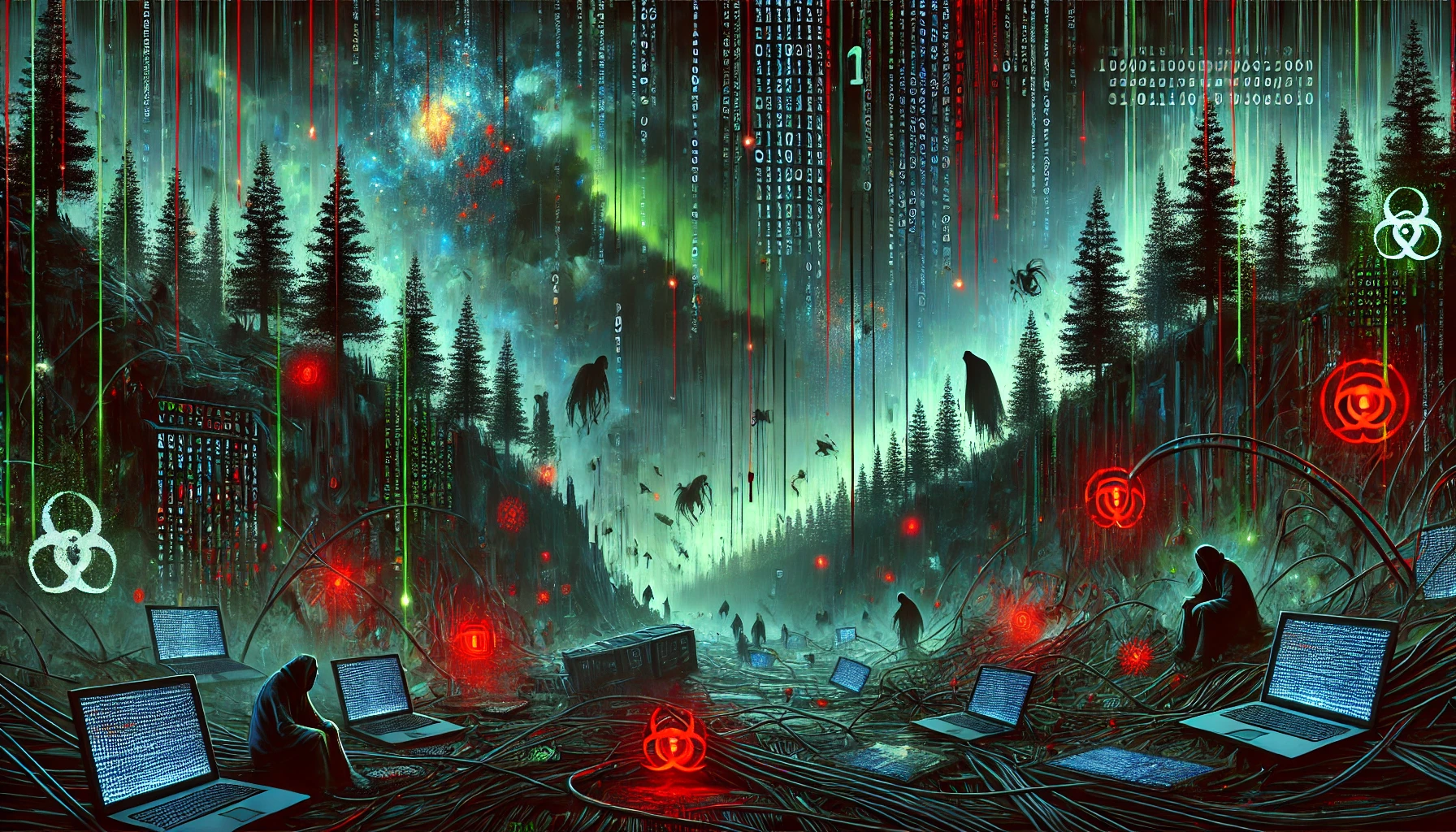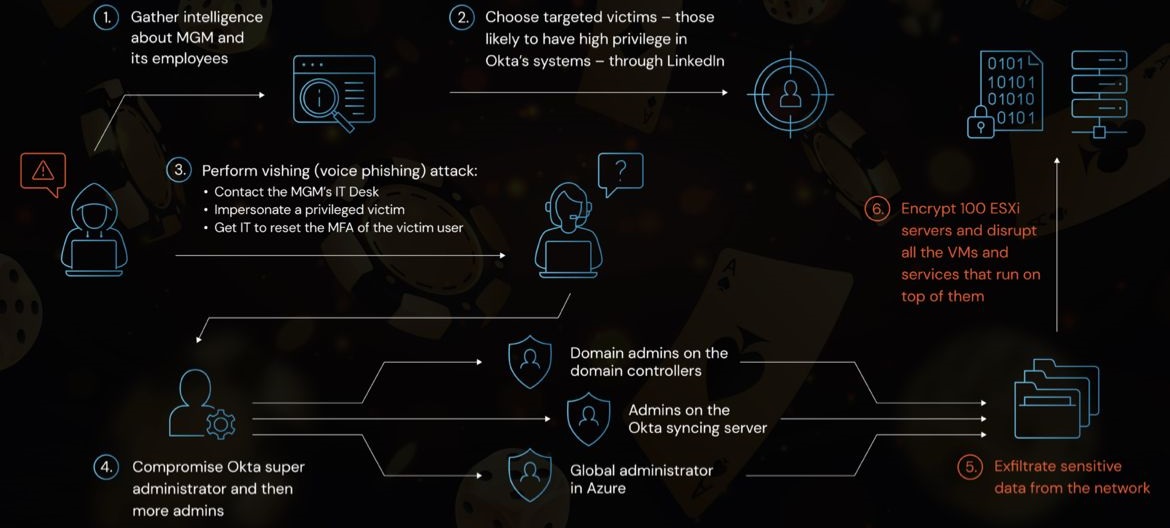
In today's digital age, where threats to sensitive information and online systems are rampant, the fields of cybersecurity and ethical hacking play vital roles in protecting our digital assets. While the terms may seem interchangeable at first glance, cybersecurity and ethical hacking are distinct domains with unique focuses and methodologies.
In this article, we will explore the differences between these two disciplines, shedding light on their purposes, approaches, and the ethical considerations that guide their practitioners.
Cybersecurity
Safeguarding Digital Assets (400 words) Cybersecurity encompasses a broad range of practices and measures aimed at protecting computer systems, networks, data, and digital infrastructure from unauthorized access, use, and damage. It is a proactive approach that aims to prevent, detect, and respond to cyber threats and attacks.
Objectives of Cybersecurity: The primary objective of cybersecurity is to ensure the confidentiality, integrity, and availability of information and systems. It involves safeguarding sensitive data, such as personal and financial information, intellectual property, and classified government data, from unauthorized access, theft, or destruction. Additionally, cybersecurity aims to maintain the smooth functioning of computer networks, ensuring uninterrupted operations.
Key Practices in Cybersecurity: Cybersecurity professionals employ various practices and technologies to protect digital assets. These include network security, endpoint protection, data encryption, access control, vulnerability assessments, incident response planning, and regular security audits. They also keep up with emerging threats, update security measures, and educate users to mitigate risks effectively.
Roles and Responsibilities: Cybersecurity professionals work to identify vulnerabilities, implement security measures, and monitor systems for potential threats. They analyze patterns of attack, develop and enforce security policies, conduct risk assessments, and establish incident response protocols. Additionally, they ensure compliance with relevant legal and industry regulations.
Ethical Hacking:
Uncovering Vulnerabilities for Defense (400 words) Ethical hacking, often referred to as penetration testing or white-hat hacking, involves authorized professionals attempting to exploit vulnerabilities in computer systems and networks to identify weaknesses. Ethical hackers employ the same techniques and tools as malicious hackers but act in a responsible and legal manner.
Objectives of Ethical Hacking: The primary objective of ethical hacking is to assess the security posture of an organization's systems and infrastructure. By emulating real-world attacks, ethical hackers aim to uncover vulnerabilities before malicious actors exploit them. Their goal is to identify weaknesses that could be leveraged to gain unauthorized access, steal data, disrupt services, or cause harm.
Methodologies in Ethical Hacking: Ethical hackers follow a systematic approach that includes reconnaissance, scanning, gaining access, maintaining access, and covering their tracks. By conducting vulnerability assessments, penetration testing, and social engineering exercises, ethical hackers simulate real-world attack scenarios to evaluate an organization's security controls and effectiveness.
Legal and Ethical Considerations: Ethical hackers operate within legal boundaries, obtaining written permission from organizations to conduct their tests. They must adhere to strict ethical guidelines, ensuring they do not cause any damage or disrupt operations. Ethical hackers must also respect privacy laws and handle any sensitive information they encounter responsibly.
Conclusion
While both cybersecurity and ethical hacking are integral to protecting our digital world, they have distinct objectives and approaches. Cybersecurity aims to prevent and defend against cyber threats by implementing proactive measures to safeguard information and systems. On the other hand, ethical hacking involves authorized professionals identifying vulnerabilities through simulated attacks, providing valuable insights to strengthen defenses.
By understanding the differences between cybersecurity and ethical hacking, organizations can develop comprehensive strategies that combine preventive measures and vulnerability testing. Collaboration between cybersecurity professionals and ethical hackers ensures a robust security posture, reducing the risk of successful cyberattacks.
In an increasingly interconnected world, where cyber threats evolve rapidly, maintaining a strong defense against malicious actors is crucial. Cybersecurity and ethical hacking, though distinct, are complementary domains that work together to fortify our digital infrastructure and protect sensitive data. By embracing both disciplines, organizations can stay one step ahead in the ongoing battle against cybercrime.

